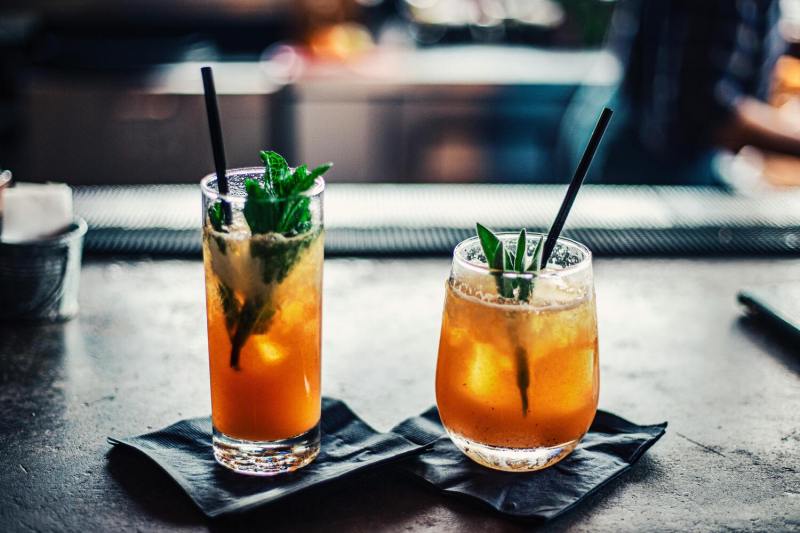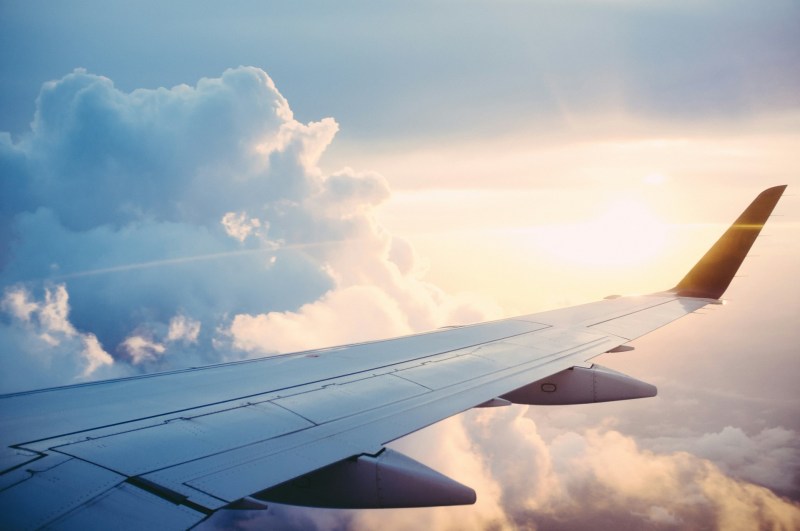Recently, the travel industry has seen a powerful shift as travel rebounds to pre-pandemic levels, yet data shows more Americans are now opting for alcohol-free vacations. Also known as “sober travel” or “dry tripping”, several sources suggest today’s travelers are increasingly interested in vacationing without taking a single sip of booze. According to Katie Couric Media, searches for “sober travel”, “dry tripping,” and “alcohol-free vacations” have jumped 205% in early 2025 compared to the first half of 2024, and engagement on these topics has surged over 2,500%.
In addition, data by Expedia indicates 40%+ of travelers in 2023-24 were likely to book a detox or alcohol-free trip in the following year. Per the Global Wellness Institute, the wellness tourism industry, often synonymous with sober travel, is expected to reach $1.3 trillion by next year. To learn more about the “dry tripping” and sober travel trends, I chatted with Rachel Holliday, Recovery Support Specialist Supervisor at Recovery Centers of America at Monroeville. Here’s what she shared about the rising interest in vacationing without alcohol and her best tips for planning sober travel in a so-called “boozy world.”
Planning a dry trip

Vacationing in a “boozy world” can be challenging for travelers interested in this trend, but it’s not impossible. Holliday recommends selecting destinations intentionally, carefully considering both the destination and activities you plan. “It helps to do a little research ahead of time and create an itinerary that isn’t centered around drinking. There’s a big difference between walking down Bourbon Street and going sightseeing. Also, try to travel with people who respect and support your decision not to drink,” she says.
“As awareness around addiction and mental health grows, people are starting to question what fun looks like. I think it’s fantastic that younger generations are discovering joy in life without needing substances. They’re creating a new norm where presence and wellness matter more than partying.” For Holliday, she enjoys “dry tripping” as it allows her to travel and seek out new experiences without being distracted or numbed out due to the effects of alcohol.
Misconceptions around sober travel

“A lot of people think alcohol is what makes things fun, but it’s really the experiences and the people you share them with. Before I got sober, I couldn’t imagine doing half the things I do now without drinking. Today, I feel lucky to have shown up fully and enjoyed life in recovery. It’s all about learning to have fun in new, more meaningful ways,” says Holliday. For her personally, traveling to beach destinations delivers a peaceful vacation near the water that doesn’t involve drinking. She also recommends nature-focused trips, including mountains or hiking trails, as great spots for those interested in sober travel.
Since sober travel often overlaps with general wellness travel, there are also many opportunities for travelers to try wellness-focused itineraries that focus on mental, emotional, and physical health. “It’s easy to align wellness practices like mindfulness and self-care with travel, especially since so many places around the world now embrace those values,” she shares.




